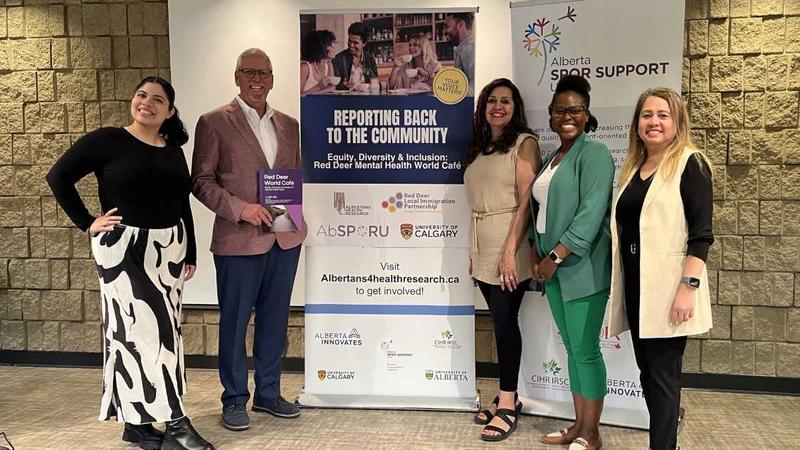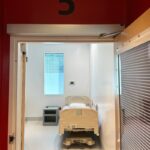In a groundbreaking assessment that could reshape mental health services in central Alberta, Red Deer’s Community Mental Health Coalition has released a comprehensive report exposing significant equity gaps in accessing mental health resources across diverse communities. The 87-page document, titled “Building Bridges: Mental Health Equity in Red Deer,” reveals troubling disparities that particularly affect Indigenous residents, newcomers to Canada, and LGBTQ2S+ individuals.
“The data paints a clear picture of a two-tiered mental health system,” explains Dr. Miranda Chen, lead researcher and mental health equity specialist who spearheaded the year-long study. “When we examined wait times, treatment completion rates, and patient feedback across demographic groups, we found consistent patterns of inequity that cannot be attributed to chance.”
The report, which analyzed five years of service data from Red Deer’s primary mental health providers, found that Indigenous residents wait an average of 7.3 weeks longer for initial appointments than non-Indigenous patients with identical referral priorities. Similarly, newcomers to Canada face significant language barriers, with only 23% of mental health resources available in languages other than English, despite Red Deer’s increasingly diverse population.
LGBTQ2S+ community members reported particularly troubling experiences, with 64% indicating they had delayed seeking mental health support due to fears of discrimination or having to “educate their providers” about their specific needs—a burden that compounds existing mental health challenges.
City Councillor Jasmine Thorne, who sits on the Coalition’s advisory board, calls the findings “a wake-up call for our community” but emphasizes the report’s practical recommendations. “This isn’t just about identifying problems—it’s about creating actionable solutions. The report outlines 32 specific steps providers can take, many requiring minimal financial investment but promising significant improvements in care equity.”
Among the recommendations gaining immediate traction is the creation of a community-led Diversity and Inclusion Advisory Panel that would provide ongoing guidance to mental health organizations. The report also calls for mandatory cultural competency training for all front-line staff, expansion of multilingual services, and dedicated outreach programs for underserved communities.
Alberta Health Services has responded to the findings with a commitment to implement key recommendations, starting with a pilot program this September that will offer expanded evening and weekend services in partnership with cultural community centers.
Dr. Thomas Williams, AHS Central Zone Mental Health Director, acknowledges the challenges identified in the report. “These findings align with what we’ve been hearing from community advocates. The data provides us with clear direction on where we need to focus our attention and resources to ensure equitable access for all residents.”
Community advocates, however, stress that lasting change will require sustained commitment beyond the initial response. “We’ve seen promising reports before that generated temporary enthusiasm but limited long-term change,” notes Elijah Cardinal of the Indigenous Mental Health Alliance. “The difference here is the concrete accountability measures built into the recommendations, including quarterly public progress reports.”
The timing of the report coincides with increased provincial attention on mental health equity following similar studies in Calgary and Edmonton. Mental health experts suggest Red Deer’s approach could become a model for mid-sized communities across Canada grappling with similar challenges.
As Red Deer’s mental health providers begin implementing the report’s recommendations, the question remains: will these initiatives create lasting institutional change, or will they become another well-intentioned but ultimately insufficient attempt to address deep-rooted inequities in our healthcare system?

























